15 Jan 1971
The Doings of Lord Krishna
Shri Krishna Leela is a 1971 Hindi religious film directed by Homi Wadia. It was produced by his Basant Pictures banner. Written by B. M. Vyas, the story and dialogue were by S. N. Tripathi.
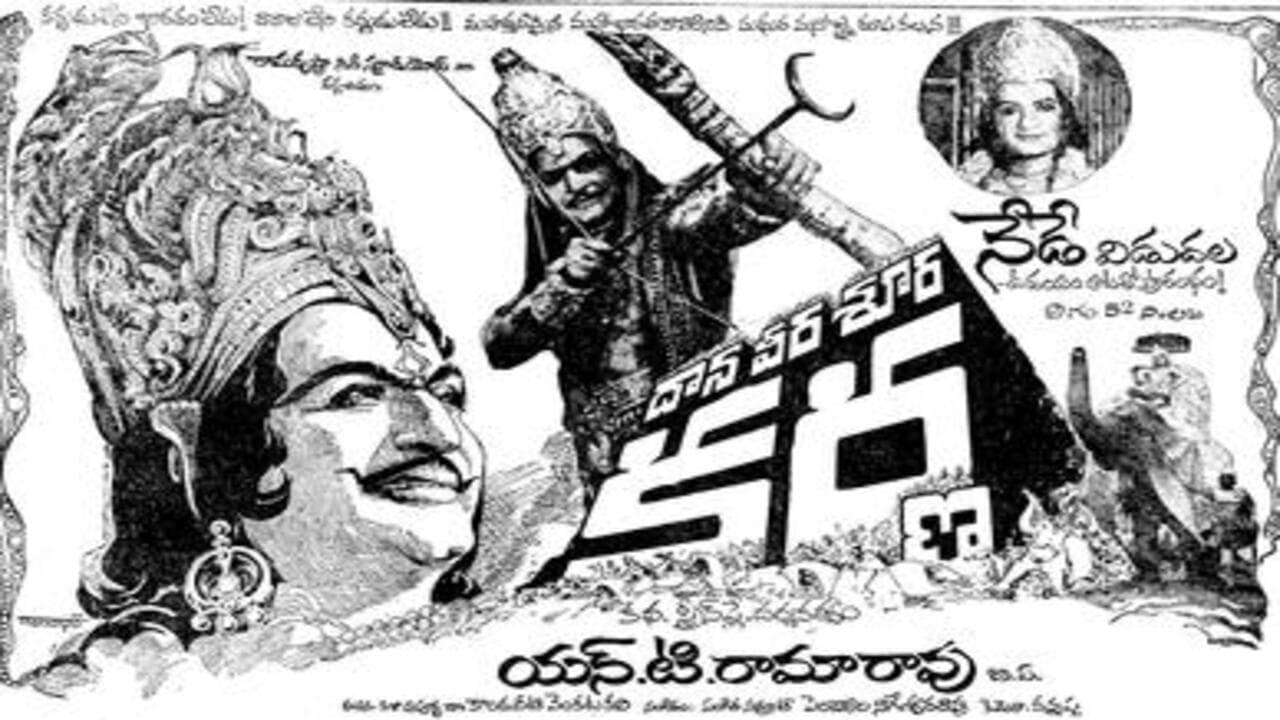
Generous, heroic, and valiant Karna
A retelling of Mahabharata through the perspectives of KARNA and DURYODHANA. The film uses dialogue and poetry written in Classical Telugu/ Grandhika Basha.

Karna / Duryodhana / Krishna
Arjuna

Bheema
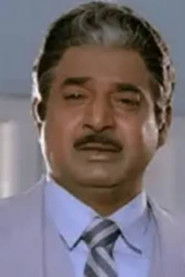
Dharma Raju
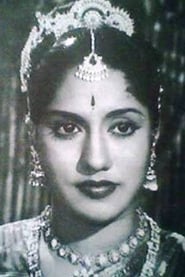
Kunti

Indra

Draupathi

Abhimanyu
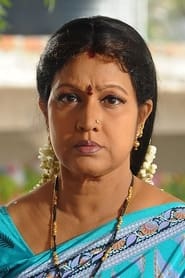
Duryodhan's Wife

Subhadra
Surya/Ekalavya
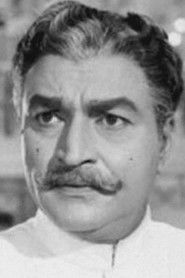
Parshurama

Shakuni

Bheeshma

Shalya
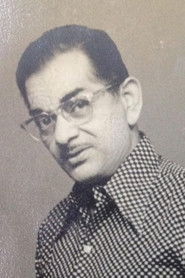
Drona
Vidura
Dushasana
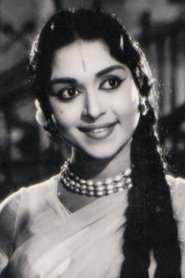
Vrishali
Bhanumathi
15 Jan 1971
Shri Krishna Leela is a 1971 Hindi religious film directed by Homi Wadia. It was produced by his Basant Pictures banner. Written by B. M. Vyas, the story and dialogue were by S. N. Tripathi.
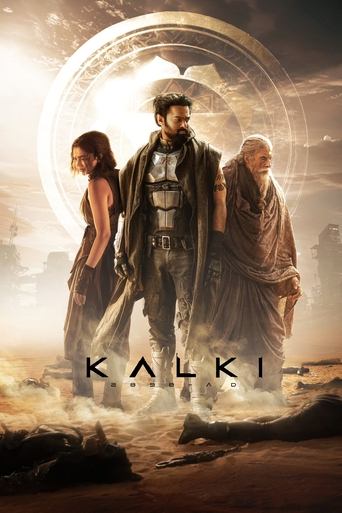
26 Jun 2024

In the year 2898 AD, around 6000 years after Kurukshetra war, Ashwatthama gears up for his final battle of redemption at the sign of hope in a dystopian world and Bhairava, a wisecracking and self-interested bounty hunter, tired of the perilous life becomes the hurdle in the process.
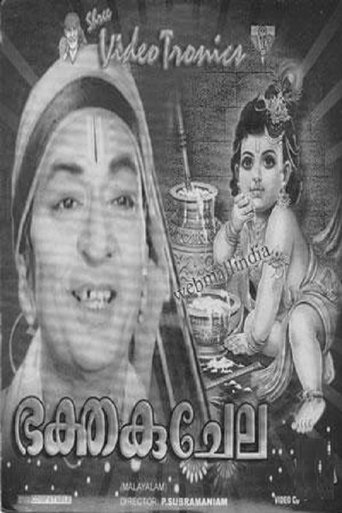
09 Nov 1961

The film told, apart from the main story of the friendship between Krishna and Kuchela, a few sequences from the Bhagavatha
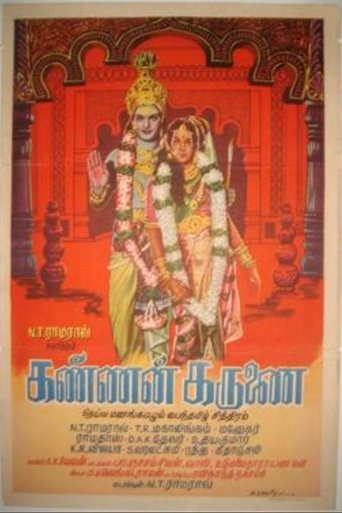
16 Jun 1971

Kannan Karunai is a 1971 remake Indian Tamil-language Hindu Epic film directed by N. T. Rama Rao.
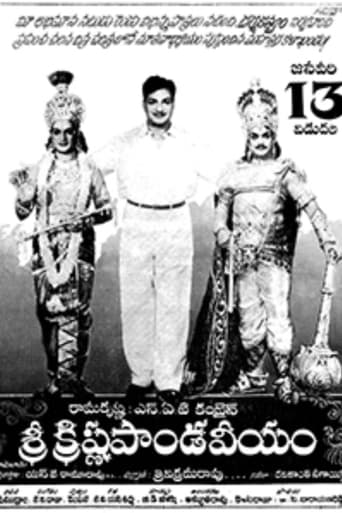
13 Jan 1966

The film depicts the adolescent age of the Pandavas and Krishna and shows the events in the Mahabharata, focusing on the later chapters of Adi Parva and the first half of Sabha Parva.

27 Aug 2006

Krishna - The Birth is the enchanting tale of the miraculous birth of Lord Vishnu in the form of baby Krishna to Vasudev and Devaki. The story is set in an era when the human race was overburdened by the demonic forces of different kings posing themselves as the royal order.
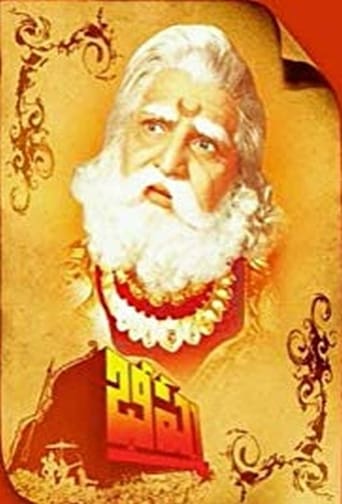
19 Apr 1962

Bhishma is a 1962 Indian Telugu-language Hindu Epic film, based on the life of Bhishma from the epic Mahabharata.
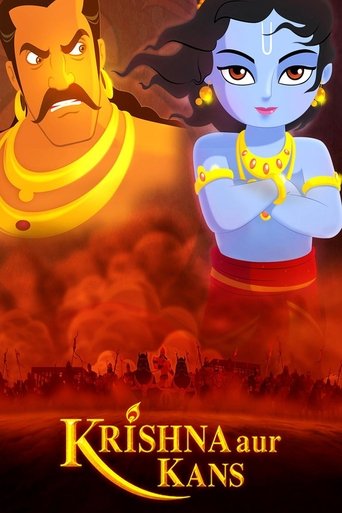
03 Aug 2012

Hailed as India's first stereoscopic animated film, 'Krishna Aur Kans' is an exciting narrative full of action and drama. The movie chronicles Krishna's early years -- from his birth as the nemesis of his tyrannical uncle Kans.
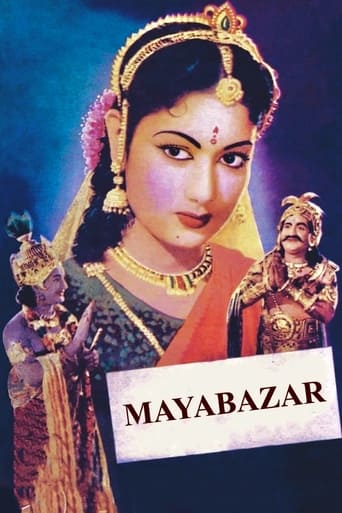
27 Mar 1957

Balarama promises Subhadra that he'll marry his daughter to her son. But when the Pandavas loses their kingdom to the Kauravas, Balarama breaks his promise.
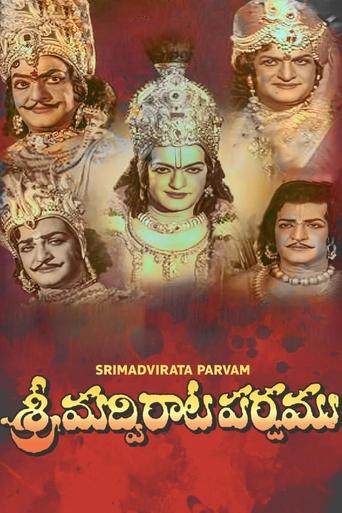
28 May 1979

It is an Epic story based on the book Virata Parva of Mahabharatha. After 12 years of Vanavasam, the Pandavas spend their 13th year of exile the Agnaadhavasam in an incognito state with disguised identities at the court of Virata. Follows how they end their exile & the marriage celebration of Uttara and Abhimanyu.
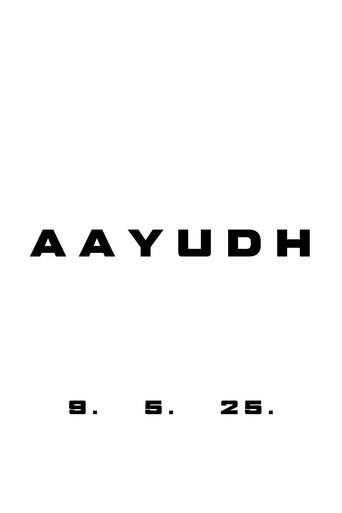
09 May 2025

In 2094, a ruthless dictator controls India with an iron fist. Trapped in a militarised zone, a group of revolutionaries must escape before the crushing weight of despair destroys them from within.
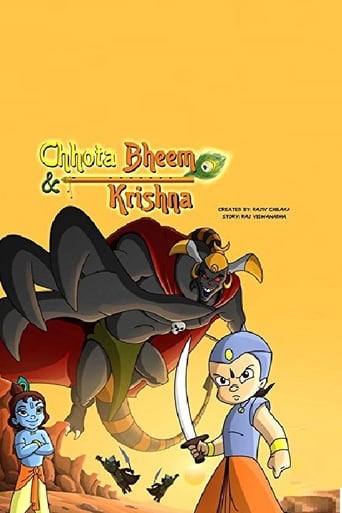
24 Aug 2008

About 500 years ago, the five kingdoms around Dholakpur joined together to end Kirmada`s rule. Now a mysterious force has brought him back from the dead. Don`t miss Bheem beat Kirmada & save the kingdom of Dholakpur once again!
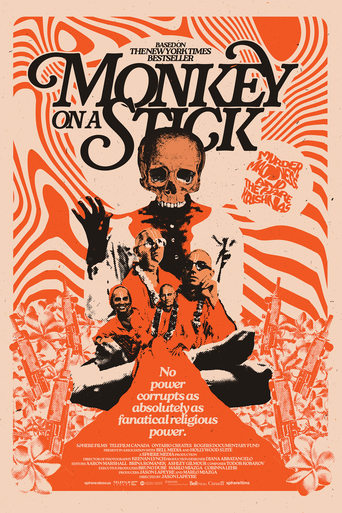
18 Oct 2024

The story of the Hare Krishna movement in the West, contrasting the spiritual exploration of its devotees with the leadership's systemic, long-term cover-up of criminality, moral decay and abuse of power.
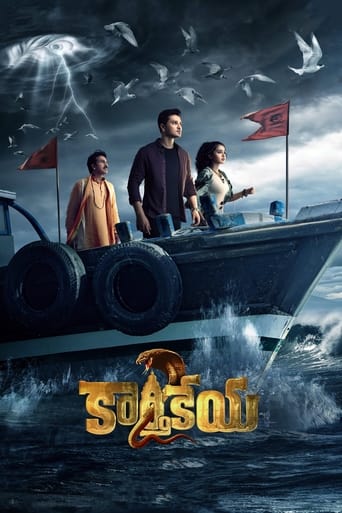
13 Aug 2022

Before the Kalyug begins, Lord Krishna hands over an anklet that holds the answer to all of world’s miseries. Years later a doctor finds himself in the thick of things when the pursuit for the anklet carries on. A doctor with a curious mind, Karthikeya, aka Karthik, believes in pursuing the truth. The quest leads Karthik to discover the power of the ancient Indian belief system and the essence of Krishna.
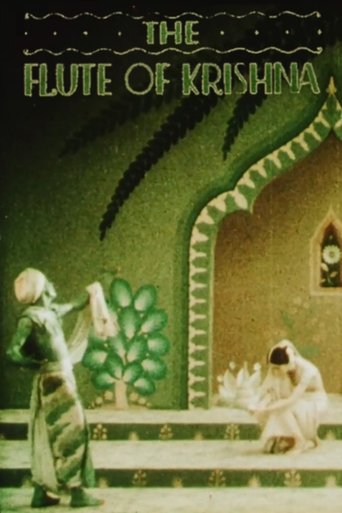
08 May 1926

Produced by the Eastman Kodak Company and shot in a then-experimental process, two-color Kodachrome, Martha Graham's dance "The Flute of Krishna" is performed by students from the Eastman School of Music. It's likely (but unconfirmed) that the film was directed by an uncredited Rouben Mamoulian.
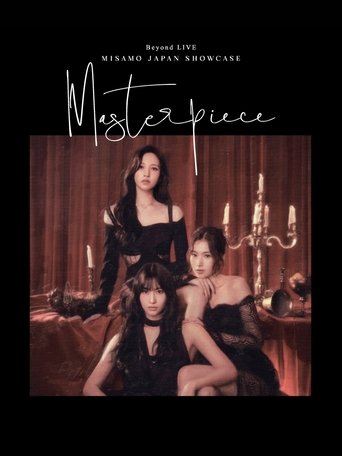
27 Jul 2023

No overview found
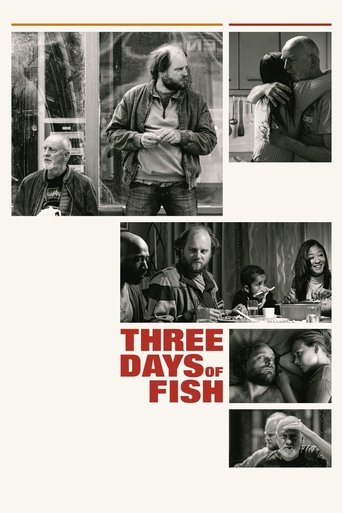
24 Apr 2025

Just as he does every year, dad flies from sunny Portugal for a three-day visit to the Netherlands, the drab country of his birth. He has his usual errands to run and he visits his doctor for his annual check-up, accompanied by his eccentric grown-up son…
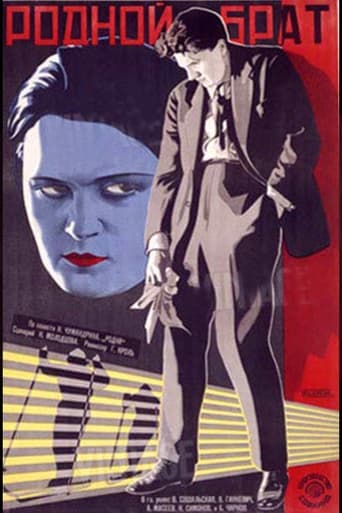
01 Jan 1929

The chairman of the factory committee of one of the Leningrad factories, Fyodor Gorbachev, a weak-willed man who was unable to completely overcome his petty-proprietor psychology, is visited from the village by his brother Sergei, a former kulak and trader. His arrival brings quarrels and discord into the friendly Gorbachev family. At Fyodor's request, the factory director hires Sergei, but demands a favor in return.

02 Nov 2023

A livestreamer gets more than he bargained for during a 'walking into random homes' prank he stages.